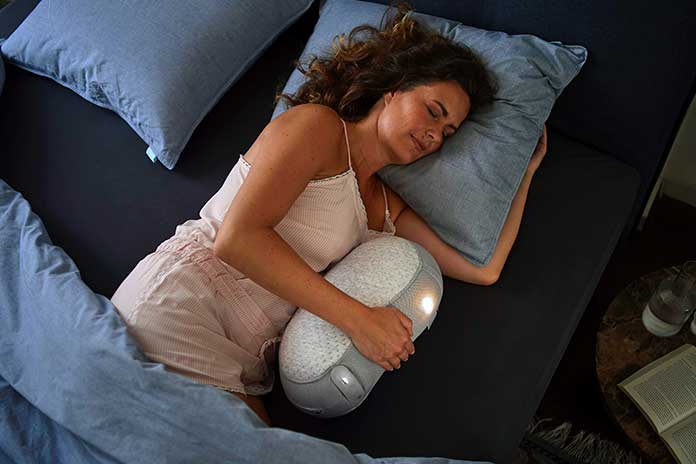In addition to exercise and nutrition, sleep also affects the figure, and lack of sleep increases the risk of obesity. A good night’s sleep, in turn, promotes fat loss. But how long should you sleep to lose weight?
When it comes to losing weight, most people only consider the combination of exercise and a healthy diet. That is, of course, absolutely correct – but one other vital component should not be neglected.
Good sleep is just as crucial for the processes in the body – your organism regenerates during the night. A good night’s sleep can also support fat loss.
Sleep Supports The Brain
After a good night’s sleep, you are rested the following day, optimizing brain performance and improving emotional well-being and physical health.
“While you sleep, the brain forms new connections, which benefits memory and creativity,” “But sleep also repairs the heart and blood vessels. A deficiency can therefore lead to heart and kidney diseases and high blood pressure,” warns the expert.
Sleep Regulates Hormones
Getting a good night’s sleep also helps balance hormones. This is especially true for ghrelin and leptin, which control hunger and satiety.
When you get enough sleep, ghrelin levels go up while leptin levels go down. This causes you to feel hungrier the next day, causing you to eat more than you need.
“During sleep, growth hormone is also produced, which stimulates muscle growth ,”
This process is crucial for people who want to build muscle mass. “It promotes growth in childhood and helps maintain healthy body tissue and muscle mass in adulthood.”
Seven To Nine Hours Of Sleep Is Ideal For Weight Loss
So how long do you need to sleep to lose weight in the long term? Dr. Sultana recommends about seven to nine hours of sleep each night.
This period is crucial to avoid tiredness during the day, which can otherwise quickly lead to a lack of exercise and motivation.
Restful sleep can also prevent taking power naps throughout the day, which can disrupt the circadian rhythm and negatively affect the release of essential hormones.
To improve sleep quality, the expert recommends establishing a fixed bedtime routine. Ventilating the bedroom well, making sure not to consume caffeine in the afternoon and evening, and avoiding excessively greasy food and alcohol can help sleep better, for example.


